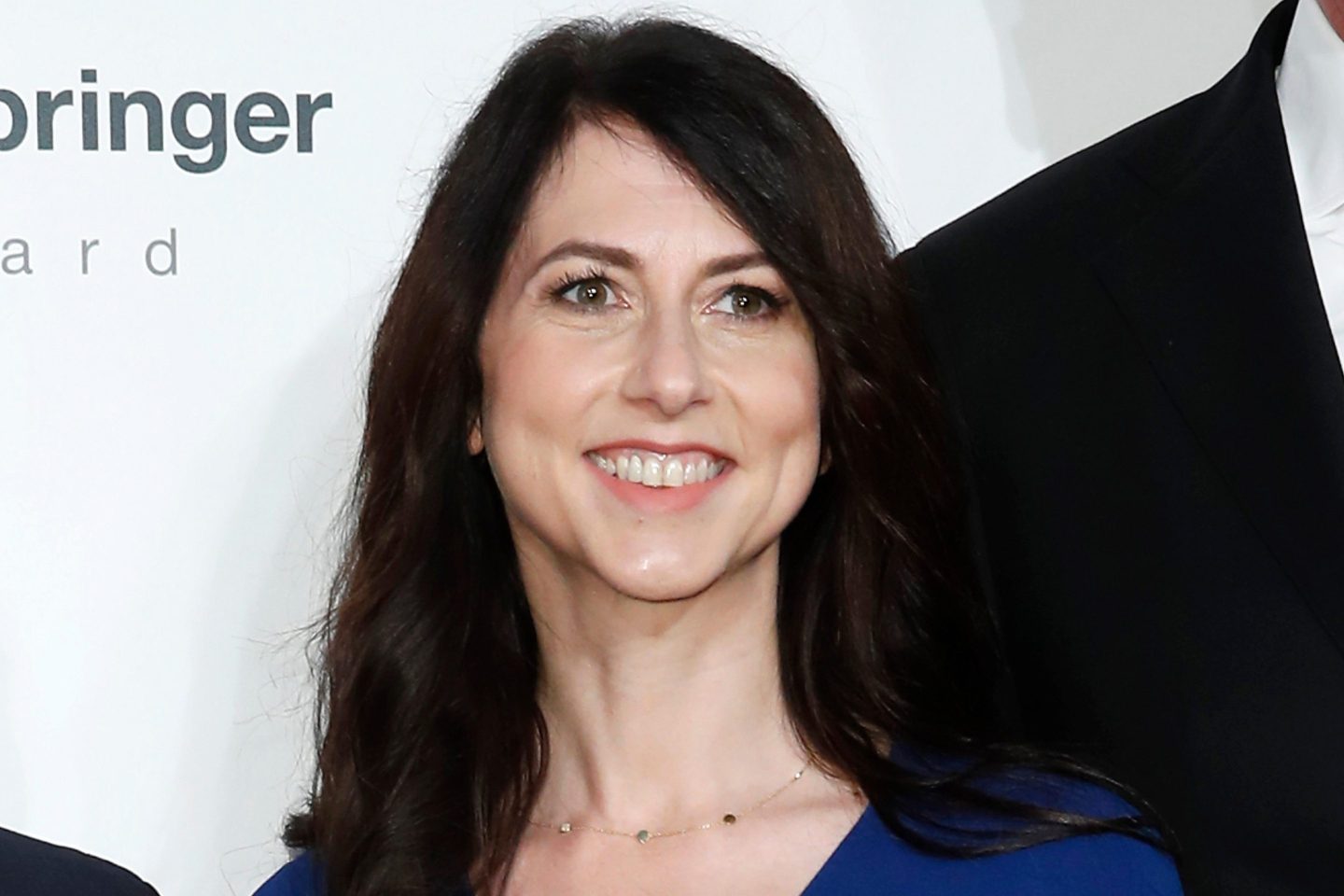One of the few areas where bipartisan consensus can be found in U.S. politics regards the need to rein in social media, particularly when it comes to underage users. Hence the bill unveiled yesterday by Democratic Senators Brian Schatz (Hawaii) and Chris Murphy (Conn.), and Republican Senators Tom Cotton (Ark.) and Katie Britt (Ala.), titled the Protecting Kids on Social Media Act.
The bill would make it illegal for kids under the age of 13 to use social media, and mandate parental consent if those ages 13 to 17 want to set up an account. Social media firms already tend to have a nominal age limit of 13, but this bill would force them to actually institute age-verification measures “based on the latest technology.”
Those age-verification measures, and the need for parental consent, are already features of bills recently passed in Arkansas and Utah, though the Arkansas law has notable carve-outs for social media platforms that aren’t Facebook, Instagram, or Twitter.
However, the federal bill goes further by also prohibiting social media companies “from recommending content using algorithms to users under the age of 18.” Schatz said this would stop the firms from “using algorithms to automatically feed them addictive content based on their personal information.”
That part of the bill is the one that’s received a big thumbs-up from child advocacy groups such as Common Sense Media, Fairplay, and the Center for Digital Democracy. What they don’t like are the parts about parental consent and age verification.
“By requiring parental consent before a teen can use a social media platform, vulnerable minors, including LGBTQ+ kids and kids who live in unsupportive households, may be cut off from access to needed resources and community,” the groups said in a statement, adding that the age-verification measures “introduce troubling implications for the privacy of all users, given the requirement for covered companies to verify the age of both adult and minor users.”
This is not the first major bipartisan social media bill to be introduced by senators recently. Last year, Connecticut Democrat Richard Blumenthal and Tennessee Republican Marsha Blackburn unveiled a bill called the Kids Online Safety Act, which would have forced companies to opt-out minor users from algorithmic recommendations by default, while also giving parents an overview of their kids’ usage.
Crucially, the Blumenthal-Blackburn bill would have made the social media firms responsible for protecting minors on their platforms, for example, by not showing them certain content that promotes self-harm or substance abuse. This element earned the bill hostility from civil society groups, which argued that the social media platforms would “face substantial pressure to over-moderate,” and even to remove access to LGBTQ+ content.
In the end, that bill failed to clear the Senate, but it has since been reworked to address the activists’ concerns over anti-LGBTQ+ misuse and is expected to reappear this year—to the delight of child advocates, who prefer this approach to that taken in the Protecting Kids on Social Media Act.
“Congress should place the onus on companies to make the internet safer for kids and teens and avoid placing the government in the middle of the parent-child relationship,” said Jim Steyer, CEO of Common Sense Media, in reaction to the latest bill.
Steyer is a big fan of the EU’s incoming Digital Services Act, which will force the likes of Facebook and TikTok to assess their risk of exposing minors to harmful content, and which also bans targeting ads at kids based on their profiles. “The DSA is a landmark legislation, and what you’re going to see is it will also lead to similar legislation in the United States,” he predicted last year.
Now the U.S. has dueling federal legislative proposals for tackling the problem. Let’s see which—if any—wins.
Want to send thoughts or suggestions to Data Sheet? Drop a line here.
David Meyer
Data Sheet’s daily news section was written and curated by Andrea Guzman.
NEWSWORTHY
Meta EU-U.S. data flows are at risk. In just a few weeks, Meta could be ordered to suspend its transatlantic data flows. That’s because Meta is hoping the EU adopts a new high-level data transfer pact that would fix legal uncertainty around EU data exports, but negotiations have gone on longer than expected. Meta’s earnings report says it’s hopeful the new EU-U.S. data framework will arrive soon enough to be implemented before the deadline for a suspension of its EU transfers, TechCrunch reports. If that happens, it would provide an authorized mechanism for its EU transfers, but the company noted a possibility that it wouldn’t be adopted soon enough to prevent the order.
YouTube eyes Shorts for long-term growth. Since stepping into the role as YouTube CEO in March, Neal Mohan has been strategizing to reverse the company’s falling ad revenue, making YouTube’s short-form video service known as Shorts a top priority. Now, users, advertisers, and creators are warming up to it. The company says that the number of channels uploading daily to Shorts grew by 80% in the first quarter of 2023 versus the final three months of 2022. Google has also offered more ways for marketers to put their ads in Shorts. And while some creators tell Fortune that YouTube Shorts aren’t very lucrative, it still pays better than its rivals TikTok and Instagram.
The U.K. pushes back on Microsoft’s anger over blocked deal. Microsoft criticized the Competition and Markets Authority after it blocked a proposed $69 billion deal for Activision Blizzard, with Microsoft president Brad Smith calling the move “bad for Britain.” But Prime Minister Rishi Sunak’s spokesman said that statement was misguided, and that the U.K. games market has “doubled in size over the past decade,” Bloomberg reports. He added that the U.K.’s tech sector is valued at $1 trillion, and they will “continue to engage proactively with Microsoft.”
ON OUR FEED
“Deeply troubling.”
—Santa Clara County Superior Court Judge Evette D. Pennypacker’s response to arguments Tesla’s defense lawyers made in court. The lawyers said that Elon Musk’s statements about the capabilities of Tesla’s Autopilot features could have been a deepfake, so Pennypacker tentatively ordered a deposition where Musk could be asked whether he said in 2016 that “a Model S and Model X, at this point, can drive autonomously with greater safety than a person.”
IN CASE YOU MISSED IT
Bluesky is Jack Dorsey’s attempt at a Twitter redo and it’s already growing fast, by Prarthana Prakash
Apple reportedly removes Bitcoin white paper in most recent beta for Mac’s operating system, by Ben Weiss
Mark Zuckerberg denied the ‘narrative’ that he’s ditching the metaverse and he unveiled a new goal: Bringing ‘A.I. agents’ to ‘billions of people,’ by Kylie Robison
Bill Gates got $2 billion richer after Microsoft mentioned A.I. more than 50 times on its earnings call, by Eleanor Pringle
Sweden’s Klarna burned through $100 million a month to become a buy-now-pay-later giant in the U.S. Can ChatGPT help it turn a profit again? by Vivienne Walt
BEFORE YOU GO
Halo devices get axed. In its latest cost-cutting move, Amazon has decided to end memberships for its health-focused Halo devices. The Halo line, a fitness-tracking wristband that worked alongside a subscription service and smartphone app, launched just three years ago. In that time, it expanded with more wearables and a bedside device to track sleeping patterns. Customers can expect it to stop working after Aug. 1, along with a refund if they purchased a Halo device in the past year.
This is the web version of Data Sheet, a daily newsletter on the business of tech. Sign up to get it delivered free to your inbox.












